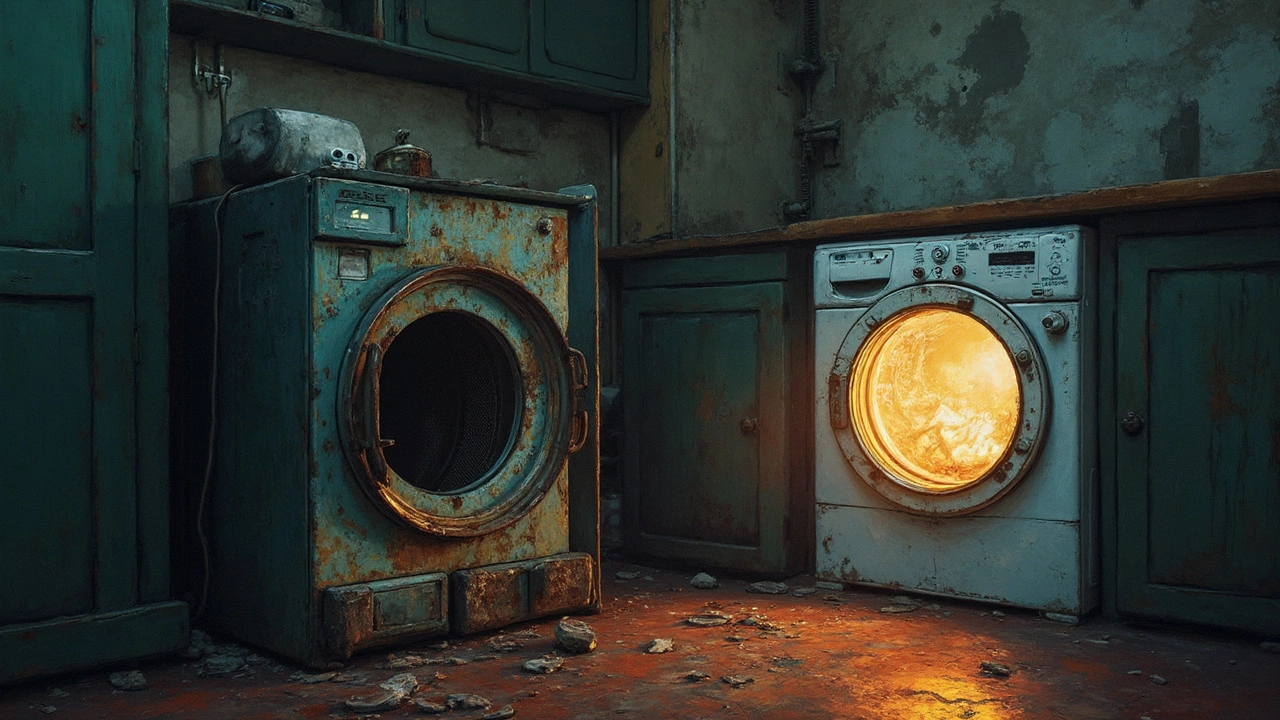When Not to Repair: Spot the Signs It’s Time to Replace Your Appliance
Ever stared at a broken fridge or noisy washing machine and wondered if a quick fix will really save you money? Sometimes a repair is a false promise – you end up spending more time, money, and hassle than simply swapping it out. Below we break down the red flags that tell you it’s smarter to replace.
Cost vs Benefit – When Repair Costs Too Much
If the quote for a fix hits 50 % or more of what a new unit would cost, pause. Labor, parts, and travel add up fast, and you still get an older model with the same weak points. A good rule of thumb: if you’d spend more than half the price of a brand‑new appliance, walk away. Also watch for repeated breakdowns. One fix that lasts a week or two? That’s a sign the root problem is bigger than the symptom.
Another hidden cost is energy inefficiency. Older appliances gobble power, so even with a cheap repair you’ll see higher bills. Compare the energy rating of your current model with a modern replacement – the savings often outweigh the upfront repair expense.
Age and Efficiency – When Old Appliances Should Go
Every appliance has a typical lifespan. A washing machine usually runs 8‑12 years, a fridge 10‑15, and a boiler 15‑20. If your unit is near the end of that range, parts become scarce and repairs more complex. Even if it works, the risk of a sudden failure spikes.
Look for signs of wear: rust, cracks, strange noises, or constant cycling. Those clues often mean the internal components are failing. Instead of swapping one part, you might be fighting a losing battle against time.Safety is another factor. Faulty electrical wiring, gas leaks, or overheating can turn a simple repair into a danger. If a professional warns you about hazardous conditions, treat it as a cue to replace.
Bottom line: weigh the repair quote, the appliance’s age, energy use, and safety. When the numbers lean toward replacement, don’t stress – a new unit brings peace of mind, better performance, and lower running costs.
Need a quick decision? Call Glastonbury Appliance Repair Services for a free estimate. We’ll break down the costs, tell you what’s worth fixing, and help you choose the smartest path for your home.

When Not to Repair a Dryer: Knowing When It’s Time to Let Go
Dryers are essential household appliances, but knowing when not to repair them is crucial to saving both time and money. While some issues are worth fixing, others signal it's time to move on and invest in a new dryer. Learn about the signs that indicate a dryer should not be repaired, from serious electrical problems to costly mechanical failures. This article offers practical tips and insights on making informed decisions about your appliance. Don't waste money on unworthy repairs when a new purchase might be a better choice.